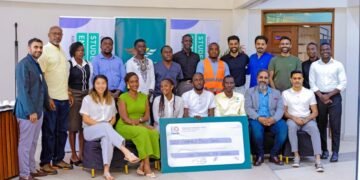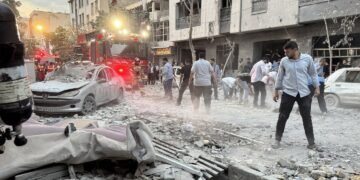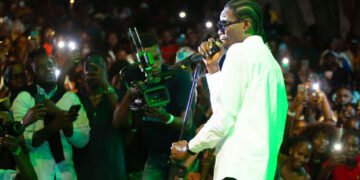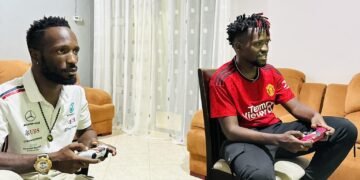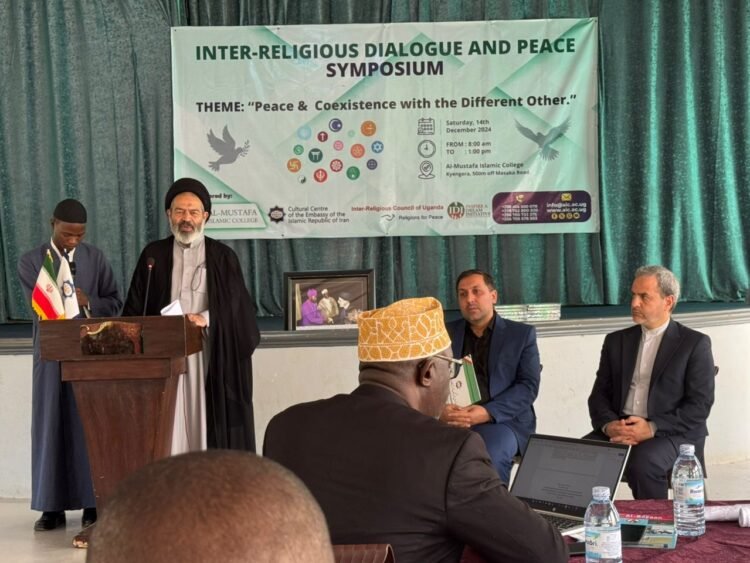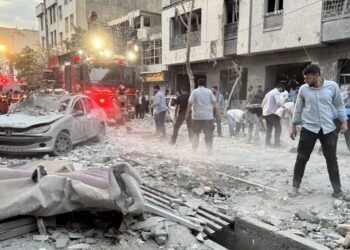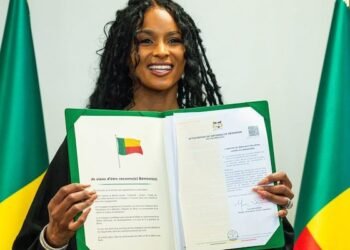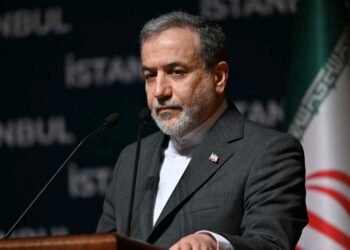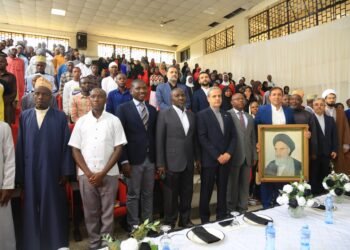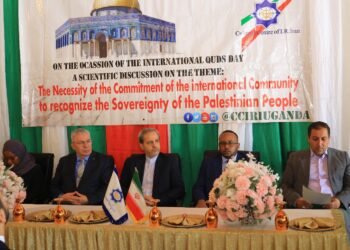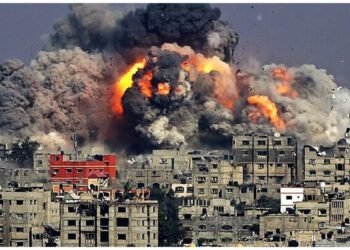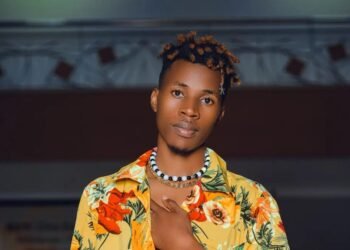Religious scholars through the interreligious dialogue have called for continued interfaith dialogue to promote understanding, respect, and cooperation among different religious traditions.
This was during the Interreligious Dialogue that was organized at Al-Mustafa Islamic College in Kyengera with support from the Cultural Consulate of the Embassy of the Islamic Republic of Iran.
Mr. Abdollah Abbasi, the Cultural Consulate of the Islamic Republic of Iran shared ‘Peace and Coexistence as the theme of the event.
The participants included members of the Interreligious Council of Uganda (IRCU), the visiting Iranian delegation led by His Eminence Ayatollah Seyyed Abdulfattah Navvab, the head of Iran’s Hajj Affairs, H.E. Mr. Majid Saffar, the Iranian Ambassador, academicians, religious leaders from different denominations, researchers, media partners, and others.
Dr. Rouhollah Dehghani, Principal of Al-Mustafa Islamic College, welcomed and acknowledged the participants. He expressed gratitude to the Interreligious Council of Uganda and the Cultural Consulate of the Iranian Embassy for sponsoring the event. He also paid tribute to the late Iranian president, who initiated interreligious dialogue efforts last year to foster peaceful coexistence among religious leaders.
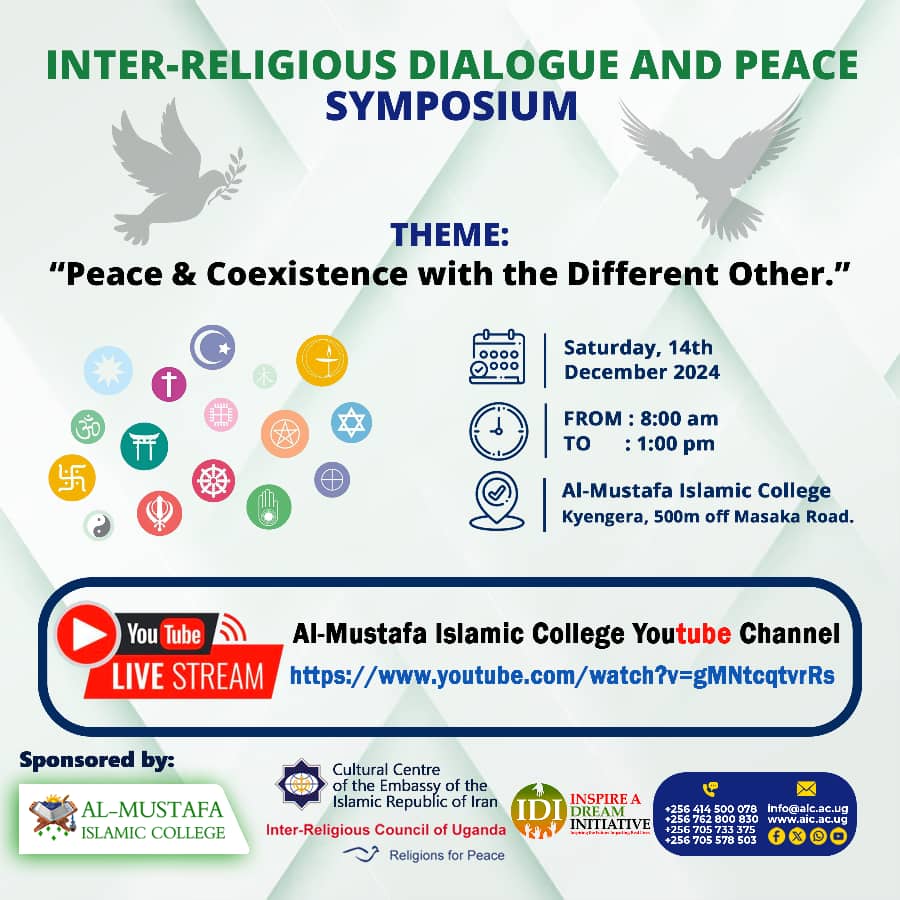
H.E. Mr. Majid Saffar, the Iranian Ambassador to Uganda, expressed appreciation for the visiting Iranian delegation and the cooperative efforts of the Interreligious Council of Uganda. He urged participants to acknowledge the contributions of Muslim nations in addressing conflicts in the Middle East and to condemn the ongoing barbaric actions of oppressors.
Ayatollah Seyyed Abdulfattah Navvab, head of Hajj Affairs in Iran, lauded the organizers for prioritizing peaceful dialogue to dispel misinformation and foster unity. He emphasized the Islamic tradition of resolving issues through constructive discourse, quoting prophetic teachings that encourage believers to avoid harming others with their words or actions.
He highlighted that the Quran advocates speaking with wisdom to build civilized communities. He quoted a prophetic tradition stating that believers originate from the same root, underscoring the importance of believing in one God and respecting divine religions and prophets. Ayatollah Navvab condemned the killing of innocent people, drawing parallels to the suffering in Palestine, Lebanon, and Syria. He emphasized Islam’s preference for dialogue and reconciliation over aggression, citing letters from Imam Ali promoting unity and peace. He concluded by praising the efforts of the Iranian Embassy in Uganda.
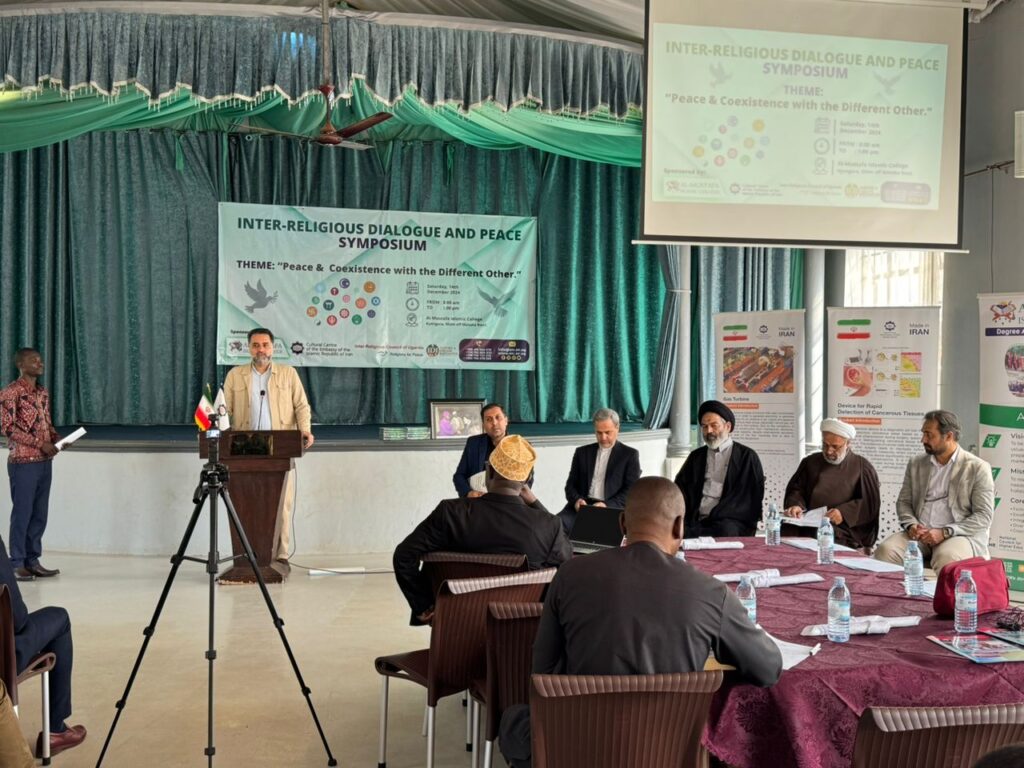
Bishop Andrew Lugoloobi, IRCU Board Member and Secretary General of Born-Again Faith in Uganda, delivered the keynote address. He highlighted that all faiths are affected by wars, hunger, diseases, and poverty, urging religious leaders to unite in combating these societal issues.
He commended the Cultural Consulate of the Iranian Embassy for supporting interreligious dialogue in Uganda. Bishop Lugoloobi paid tribute to the late Iranian president, Dr. Seyyed Ibrahim Raisi, and recounted his collaborative efforts with Ugandan religious leaders, including Archbishop Dr. Stephen Kazimba Mugalu and Sheikh Shaban Ramadhan Mubaje. He also quoted Ugandan President Yoweri Kaguta Museveni, who praised the Iranian president’s interreligious gestures. Bishop Lugoloobi concluded by praying for the late president’s eternal rest.
Professor Umar Ahmad Kasule the Deputy Vice Chancellor of Muteesa I Royal University discussed religious tolerance and conflicts, justice, and environmental sustainability.
He highlighted peacebuilding as essential to reducing wars and conflicts that have led to loss of lives and destruction of property.
He stressed the opportunities of interfaith dialogue, such as developing inclusive educational curricula and fostering mutual understanding.

Professor Umar also Commended youth activism on social media for exposing injustices and promoting interreligious messages.
Dr. Samuel Okok the Philosophy Lecturer at Makerere University explained the role of cultural diversity in shaping peaceful and harmonious communities.
Dr. Mansur MirAhmadi, the Deputy Representative at Hajj Office I Iran addressed the issue of Islamophobia as a tool used by imperialists to tarnish Islam’s image.
He criticized the funding of radical groups to spread violence and misinformation and also commended Ugandan Christians and Muslims for their peaceful coexistence.
Counsel Umar Nyanzi the President of the Muslim Centre for Justice and Law highlighted Uganda’s constitutional provisions on religious freedom and expression.
Mr. Obbo Ben discussed the role of education in fostering acceptance, respect, and belief in the 21st century.
He criticized dogma and indoctrination by Western imperialists who manipulated religions to colonize Africa.
Sheikh Umar Mubiru a lecturer at Al-Mustafa Islamic College spoke on the significance of interreligious dialogue in promoting peace and understanding.
Mr. Wetema Denis dvocated for unity in diversity and the celebration of religious pluralism through open dialogue.
Brother Andrew Barigye, a media Personality in the Buddhist Community highlighted the media’s role in interreligious dialogue and shared findings from media surveys.
He criticized the tendency of media to prioritize negative news over positive narratives that foster societal harmony.
Mr. Isabirye Pius of Lwengo Catholic Church stressed the importance of building peaceful communities amidst religious differences.
He urged participants to value influencers such as parents, religious leaders, and teachers in promoting peace.
Reverend Daniel Wandira of Busoga Diocese emphasized the impact of interreligious dialogue in fostering unity and peace. He criticized media agencies spreading propaganda for selfish interests.

